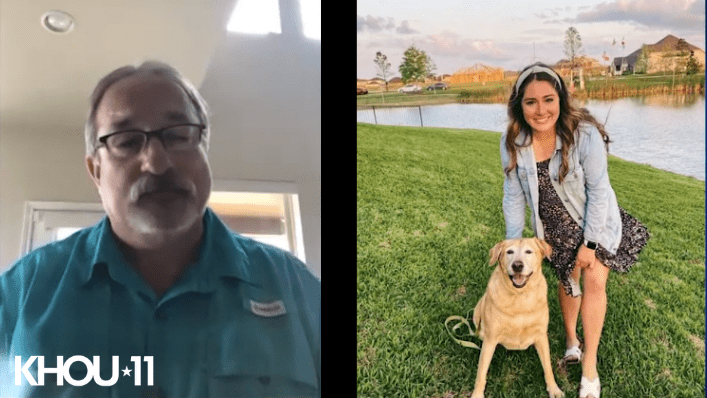Ryan Kennedy, an expert on the applications of artificial intelligence and associate professor at the University of Houston explains, “They’ll find examples of your speech online, or wherever they can find it, and then they will put it into a program. It can then clone that, and they can use that to get you, your voice, to say things that you didn’t actually say.”
Currently, voice cloning technology isn’t particularly user-friendly, but Kennedy says that won’t be for long.
He explains, “Voice technology is going to go from being something that involves hours of investment, to being something that’s probably going to be an app on your phone.”
Currently, the FTC is working on ways to counter these scams and predatory uses of voice cloning technology, and the technology is also being developed for positive purposes.
Positive Uses of Voice Cloning Technology
People who have lost their voices due to diseases, such as throat cancer or ALS, may be able to gain back their voices using voice cloning technology.
For example, Project Revoice is a non-profit group that uses voice cloning technology to augment the voices of individuals with ALS. Individuals backup their voices before any loss, and then they’re able to communicate to loved ones with the essence of their voices, when they have lost the ability to use their voice anymore.
In Hollywood, voice cloning technology can also revive voices from people who have passed to tell historical stories in documentaries.
Voice cloning technology can also be used to translate business leaders’ or other individuals’ messages into other languages.
Do you have ideas about how voice cloning technology could be used? Comment below!

